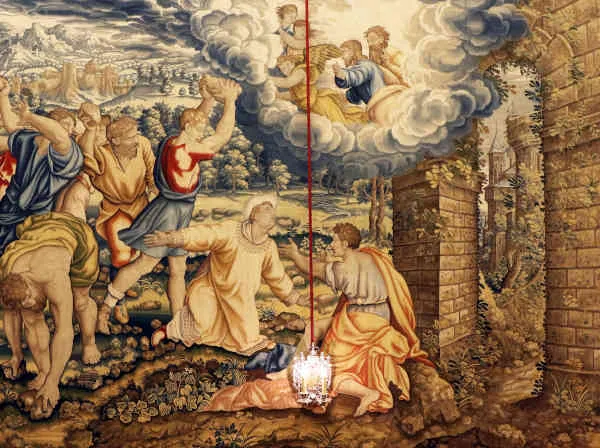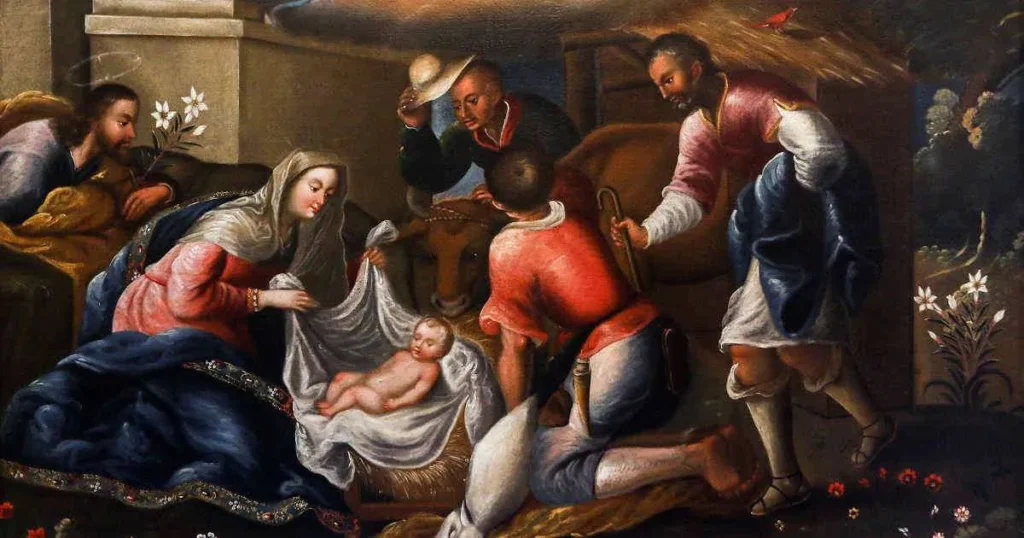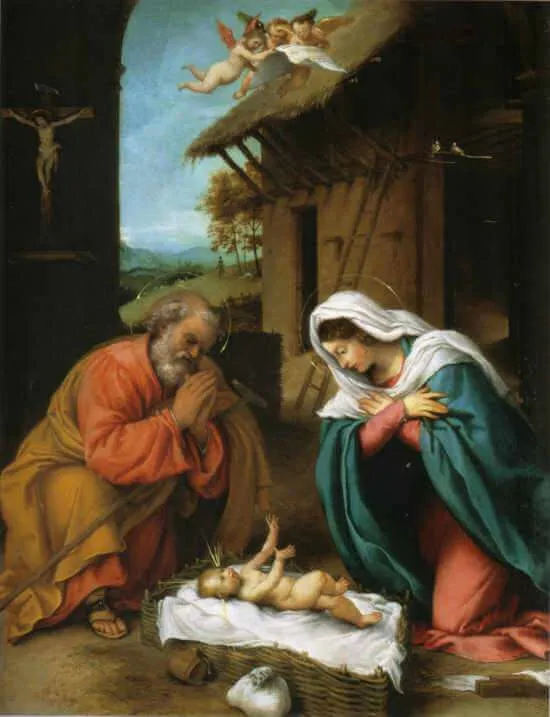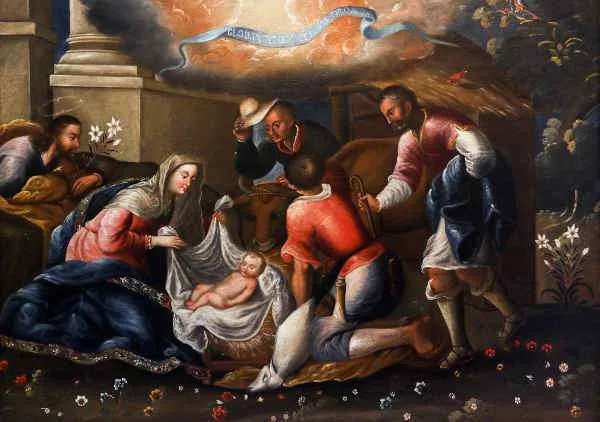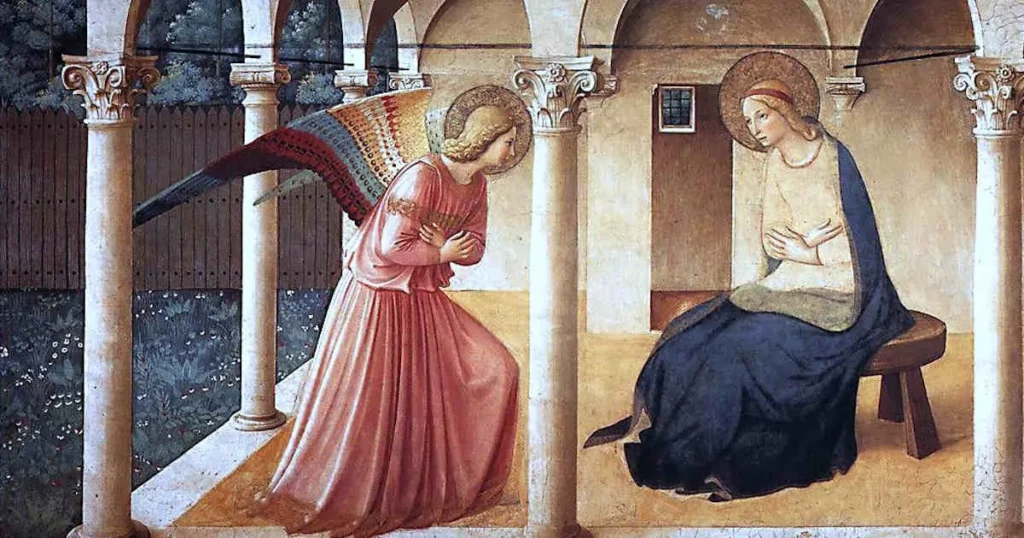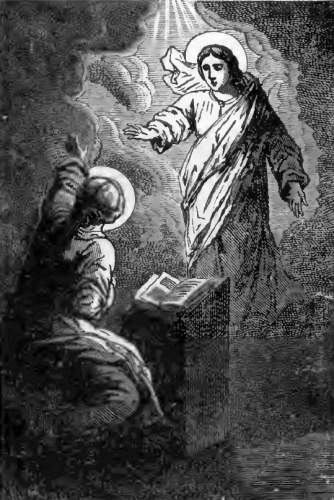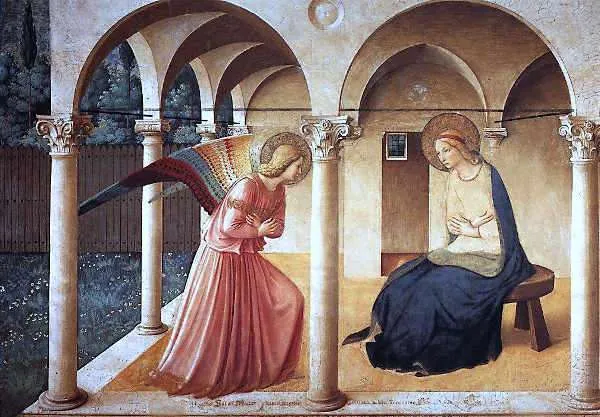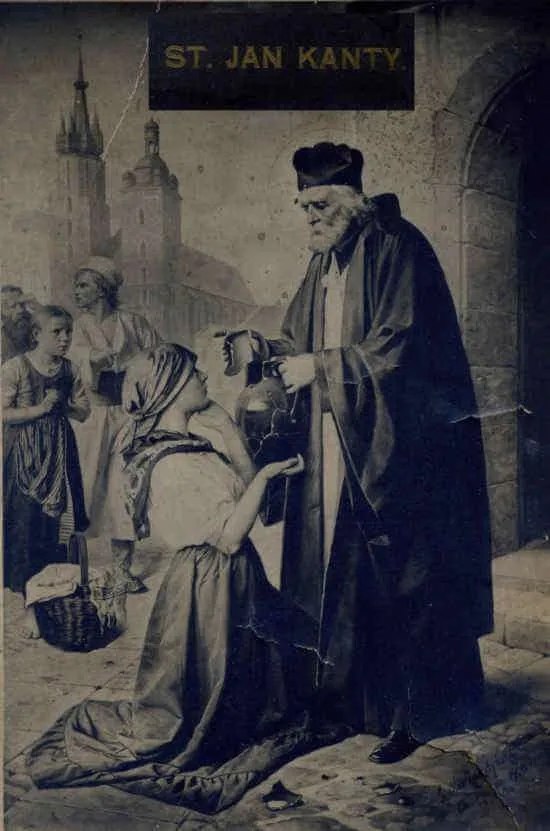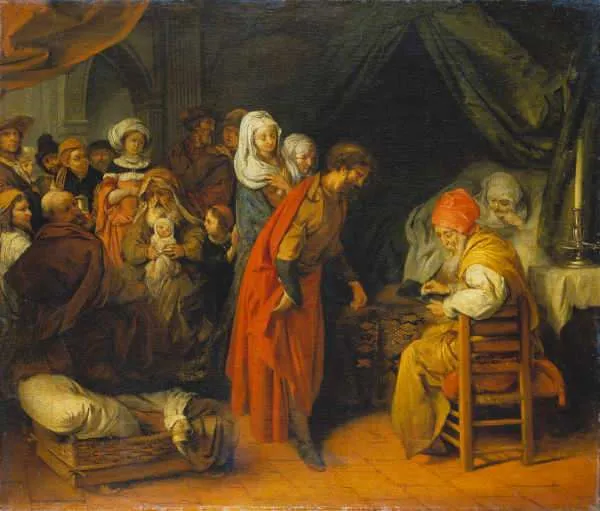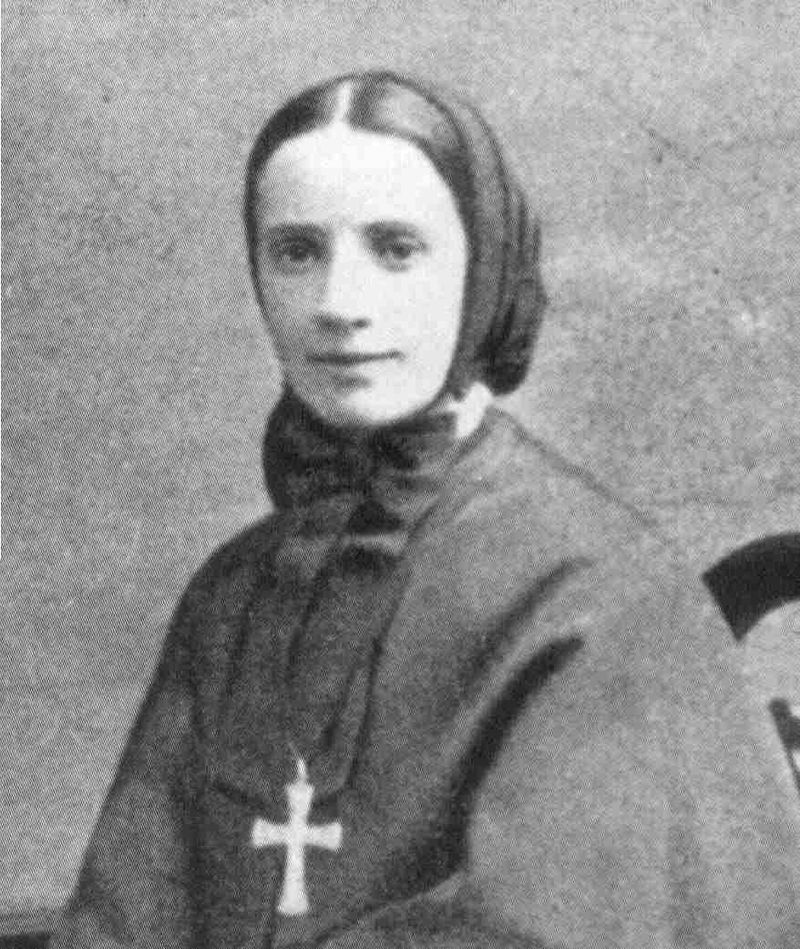Matthew 10:19-20
God's Promised Inspiration
“When they hand you over, do not worry about how you are to speak or what you are to say. You will be given at that moment what you are to say. For it will not be you who speak but the Spirit of your Father speaking through you.”
Reflection:
These words of our Lord came to fruition in the life of Saint Stephen, the Church’s first martyr. Saint Stephen was martyred within a couple of years after Jesus’ ascension into Heaven. He was one of seven deacons who the Apostles appointed to assist them in their work of caring for the poor as the Church began to grow.
Stephen was a man of deep faith and was filled with the Holy Spirit. After he was appointed deacon, he began to preach with boldness. Among his listeners were members of the synagogue of Hellenistic Jews. Stephen debated them vigorously and proved himself to be full of wisdom and power, performing many signs and wonders in their midst. But this only led his listeners to become outraged to the point of seeking his death. As a result, they made false claims that Stephen was preaching against the Temple and the Law of Moses.
In the Acts of the Apostles (Acts 7:2–53), Stephen responded by giving a long and detailed speech by which he explained the full truth of Jesus in light of the Old Testament. Stephen concluded by saying, “You stiff-necked people, uncircumcised in heart and ears, you always oppose the Holy Spirit; you are just like your ancestors.” This infuriated his listeners in the synagogue even more.
After this, something truly miraculous happened. Stephen had a vision. He looked up to Heaven and said, “Behold, I see the heavens opened and the Son of Man standing at the right hand of God.” He saw his Lord, standing at the right hand of the Father. And it was his proclamation of this vision that finally drove the infuriated crowd to drag him out of the synagogue and city and to stone him to death. Stephen’s story, however, ended in a beautiful and inspired way. As the crowd was stoning him, he spoke two powerful statements. First, he said, “Lord Jesus, receive my spirit.” And then he prayed in a loud voice, “Lord, do not hold this sin against them.”
As mentioned above, the words our Lord speaks in the Gospel today came to fruition in the life of Saint Stephen. First of all, we see that Jesus’ prediction that some of His followers would be handed over to deaths by their own kinsmen came true in the life of Saint Stephen. But Jesus also promised that when this would happen, “You will be given at that moment what you are to say.” And it will be the Spirit of the Father “speaking through you.” And that’s exactly what happened with Saint Stephen.
First, he was given a glorious vision of Heaven. Second, he was inspired to fully surrender his spirit over to Jesus. And third, he was inspired to pray for his persecutors and forgive them. These words and actions did not come from Stephen alone. They were the fulfillment of Jesus’ promise that when one is persecuted for the sake of the Gospel, the Father will be especially present and give powerful inspiration at the moment of need.
Reflect, today, upon the profound truth that God never abandons us. In fact, when we suffer the most or endure persecution, rejection or any form of mistreatment, God is especially present. Look at your own life and consider those moments that you find most challenging. Pray to Saint Stephen and ask him to pray for you so that you will be open to the inspired words and actions of our Lord when you need them the most.
Source: https://catholic-daily-reflections.com/2023/12/25/gods-promised-inspiration-2/


